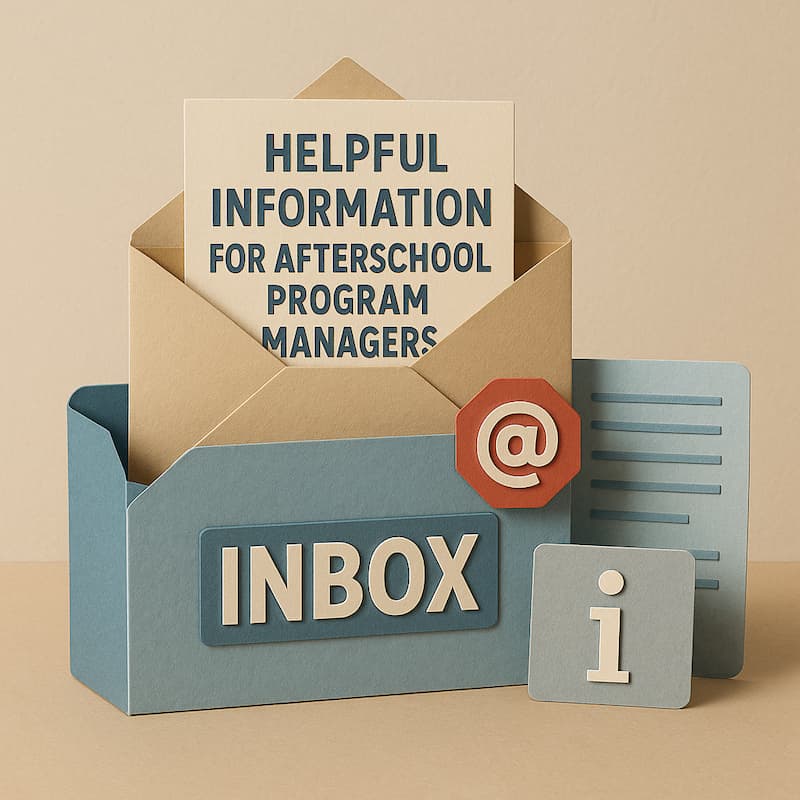California’s Local Control and Accountability Plan (LCAP) represents a fundamental shift toward involving local communities in shaping education. The LCAP is a crucial three-year plan updated annually that outlines how school districts will use resources to improve student outcomes. Central to making this plan genuinely reflective of local needs is meaningful engagement with parents, students, staff, and other community members.
To ensure these voices are heard, state law requires every school district to establish an LCAP advisory committee, often called the Parent Advisory Committee (PAC). This committee provides formal community input, advising the district’s governing board and superintendent during the LCAP development process. Districts with significant numbers of English learners must also form an English Learner Parent Advisory Committee (ELPAC). These advisory committees ensure the LCAP aligns with community priorities and state requirements, strengthening local control and accountability.
Who Serves on the Committee
California law defines clear membership criteria for the LCAP advisory committee to ensure representation of students supported by the Local Control Funding Formula (LCFF). The committee must include parents or legal guardians of currently enrolled students, specifically representing low-income, English learners, and foster youth, groups collectively known as unduplicated students. Recent updates also require including parents representing students with disabilities.
Starting in the 2024-2025 school year, districts serving grades 7-12 must include at least two student members on the committee or create a separate student advisory body, integrating valuable student perspectives directly into LCAP planning.
Beyond mandated membership, districts often aim for broader representation from various school levels, geographic areas, and ethnic backgrounds. Many districts also include teachers, district staff, or other community members to encourage collaboration. The committee’s primary responsibility is reviewing the draft LCAP, including proposed goals, actions, and expenditures, and providing constructive feedback to district leadership.
The Committee’s Role in LCAP Development
The LCAP advisory committee is vital throughout the annual LCAP development cycle. While the formal review occurs in spring, successful engagement begins earlier. Many districts involve committees in fall and winter discussions, assessing student performance data and setting priorities for the upcoming plan.
After district staff draft the LCAP, typically in late spring, the superintendent presents this draft to the advisory committee for review. This step allows members to ask questions and provide formal comments. Importantly, the superintendent must respond in writing to the committee’s feedback before submitting the plan to the school board, ensuring all comments are formally addressed.
Committee feedback shapes revisions before the plan is publicly presented, typically at a June hearing. Committee members often share perspectives during this hearing. Afterward, the school board adopts the final LCAP, ensuring alignment with the district budget. The adopted LCAP is submitted to the county superintendent for approval, verifying required stakeholder engagement. Many committees continue meeting during the year, monitoring progress and supporting continuous improvement.
Running an Effective Advisory Committee
Managing an effective LCAP advisory committee presents challenges, but proactive strategies can transform these into opportunities. Recruiting diverse committee members requires intentional outreach. Strategies include personalized invitations, partnering with community liaisons, and removing barriers like providing childcare or multilingual translation during meetings.
New members often need orientation on the complexities of the LCAP and school finance. Providing clear training materials or workshops helps members offer informed advice. Clarifying the committee’s advisory role from the start manages expectations and builds trust. Demonstrating clearly how committee feedback influences district decisions maintains engagement and motivation.
Logistical hurdles such as scheduling can be addressed through flexible meeting formats. Hybrid meetings or online tools can gather broader community input efficiently, allowing the committee to analyze feedback without overwhelming administrative burdens. Combining the LCAP PAC with other advisory groups, such as the District Advisory Committee (DAC) for Title I, can reduce meeting fatigue and streamline administrative processes, making better use of everyone’s time. Technology platforms can further enhance communication and systematic documentation of committee feedback.
Partnerships Strengthen Your LCAP
The LCAP advisory committee represents more than just compliance, it serves as a strategic partner for school districts. A well-run committee provides invaluable insights, leading to a stronger, more responsive Local Control Accountability Plan. Administrators gain significant benefits from cultivating this partnership, such as ensuring compliance with state mandates and avoiding potential issues with county office approval.
Effectively engaging the committee simplifies funding decisions by building consensus around priorities and ensuring community backing for budget allocations. This is particularly valuable as districts align funding streams like the Expanded Learning Opportunities Program (ELOP) with broader LCAP goals. Hearing directly from parents and students helps allocate resources effectively, supporting improved student achievement and addressing state priorities such as parent involvement and school climate.
Viewing the advisory committee as a collaborative ally reduces administrative friction and builds community trust. The investment in supporting the committee yields an LCAP aligned with student needs, improving outcomes district-wide. Embracing this partnership transforms the LCAP process from a bureaucratic obligation into an empowering tool for collective action and educational advancement.








